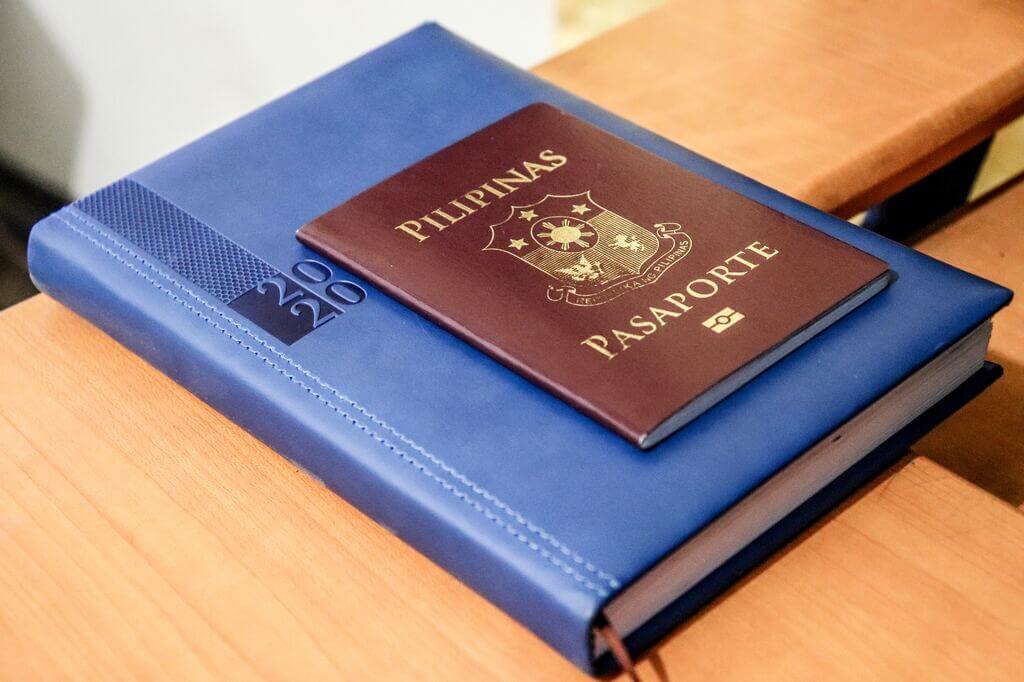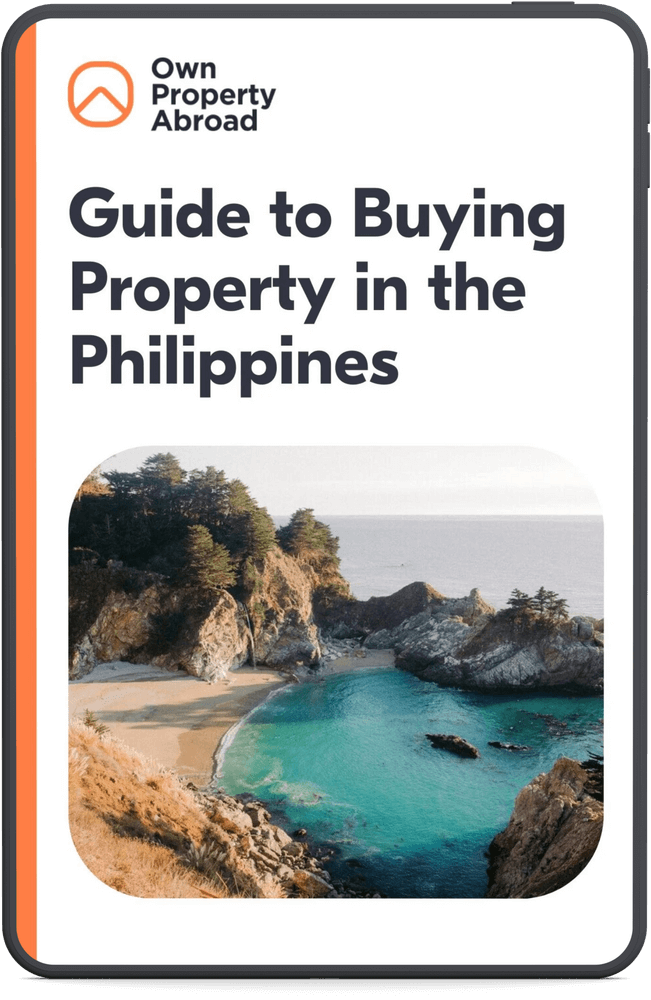Different types of visas in the Philippines
The Philippines offers various visa choices for different reasons for visiting the country. This way, many people can find a visa that matches their needs, making traveling to the Philippines an easy option for them. Here are the different types of visas in the Philippines:
- 9(a) Temporary Visitors Visa: This visa enables a stay longer than 30 days and can be extended when you apply for an extension before visa expiration.
- 47(a)(2) Special Non-Immigrant Visa: Reserved for foreign nationals coming to the Philippines for pre-arranged employment or under a qualified institution’s sponsorship for business purposes, transit, or study visits.
- Non-quota Immigrant Visa: Applicable for spouses or children (below 21 years old) of Filipino nationals and returning natural-born Filipinos who have acquired a different citizenship.
- Quota Immigrant Visa: Limited to only 50 visas annually, this is granted to foreign nationals who possess adequate financial capital, exceptional skills, or qualifications that can benefit the country.
- Special Resident Retiree’s Visa (SRRV): Offered to those who wish to live permanently in the Philippines with multiple-entry privileges but must meet the requirement for minimum deposit investments.
- Treaty Trader Visa or 9(d) Visa: Awarded to United States, German, or Japanese citizens who plan to invest or work in a company that has invested at least $120,000 and established business volume in the Philippines.
- Special Investor’s Resident Visa (SIRV): Granted to a foreign national who invests a minimum of $75,000 in eligible economic activities. This visa enables indefinite stay as long as investment requirements are maintained.
- 9(f) Student Visa: Issued to a foreign national who has received a notice of acceptance from a Philippine Higher Education Institution authorized to admit foreign students.
- Employment or 9(g) Visa: A Philippine visa for foreigners recruited to work for a Philippine-based company. The employer must apply for this visa, which is generally granted to foreign nationals with rare skills and qualifications in the country. With an initial validity of one to three years, it can be extended up to 10 years.
- Single Entry Visa: Also known as a Tourist Visa, this visa allows you to enter a country only once during its validity period. The Philippines issues a single entry visa for tourists that is valid for three months.
- Multiple Entry Visa: Allows the holder to go to the foreign country multiple times within a specified validity period. In the case of the Philippines, multiple entry visas can be valid for six months or 12 months.
Can visa holders buy a property in the Philippines?
The primary concern for many visa holders is whether they can buy a property in the Philippines. While foreigners possessing valid visas in the Philippines can buy property here, they can only own a residence, not the land it’s built on. The Philippine real estate industry is governed by specific regulations as follows:
- Foreigners cannot own land but can legally own a residence in the country.
- The Philippine Condominium Act permits foreigners to own condo units, provided Filipinos own at least 60% of the building.
- To purchase a house, consider entering into a long-term lease agreement with a Filipino landowner.
- Acquiring property through a corporation is possible as Filipino citizens retain control of 60% or more of the ownership.
In summary, visa holders can own property in the Philippines but must follow the local laws and regulations governing the Filipino real estate industry. Each situation is unique, and compliance with the required eligibility criteria is crucial.
Obtain any visa in the Philippines with Own Property Abroad
Own Property Abroad provides assistance and guidance to help you obtain your visa in the Philippines, whether you require a retirement visa, investor visa, or any other type of visa. Our legal team is highly experienced and dedicated to ensuring your visa application is processed quickly and complies with local regulations. You can leave your details below or email us at [email protected] for more information or assistance with your visa application in the Philippines.
Frequently Asked Questions (FAQs)
Are visas required for the Philippines?
Visas are generally required to enter the Philippines, but the specific requirements vary based on the traveler’s nationality, visit purpose, and stay length. While many countries are eligible for visa-free entry for short visits, it’s essential to check the latest guidelines from the Philippine Embassy or Consulate in your country to ensure compliance with the regulations.
What types of visas are issued to foreigners in the Philippines?
Several types of visas in the Philippines are used for foreigners, including the Temporary Visitors Visa, Special Non-Immigrant Visa, Non-quota Immigrant Visa, Quota Immigrant Visa, Special Resident Retiree’s Visa, Treaty Trader Visa, Special Investor’s Resident Visa, Student Visa, Employment Visa, Single Entry Visa (or Tourist Visa), and the Multiple Entry Visa.
How to apply for a visa in the Philippines?
If you are planning to visit the Philippines and need a visa, you must first determine the type of visa that suits your purpose of travel. Once you know the kind of visa you need, you can complete the visa application form provided by the Philippine Embassy or Consulate in your country. Then, you should gather all the required documents, including a valid passport for at least six months, passport-sized photographs, and proof of your financial capacity. After that, you can submit the application along with the documents to the Philippine Embassy or Consulate, pay the visa application fee, and wait for the processing and approval of your visa.
Which visas in the Philippines allow foreigners to buy land?
In the Philippines, foreign nationals are not allowed to own land, regardless of their visa type. The country’s Constitution limits land ownership to Filipino citizens and corporations, and at least 60% of land ownership is Filipino-owned. However, foreigners are allowed to lease land or own condominium units.
With which visas in the Philippines can foreigners buy a house?
While foreigners cannot own land in the Philippines, they can own houses or buildings, provided they do not hold the land on which these structures are built. Although there are several types of visas in the Philippines, this ownership is independent of the kind of visa held. Foreigners often opt for long-term leases of the land or purchase condominium units where foreign ownership is allowed up to a certain percentage.







